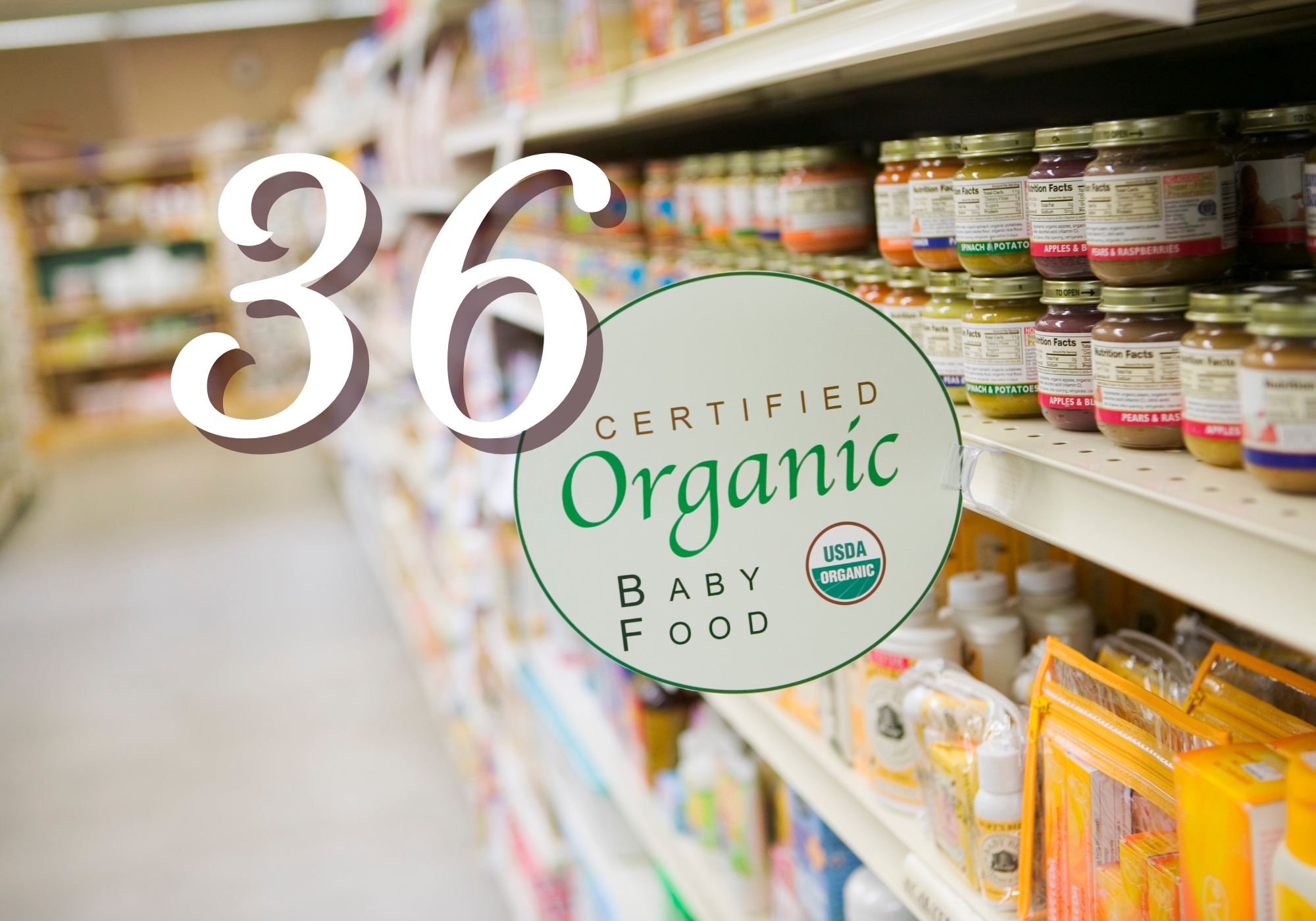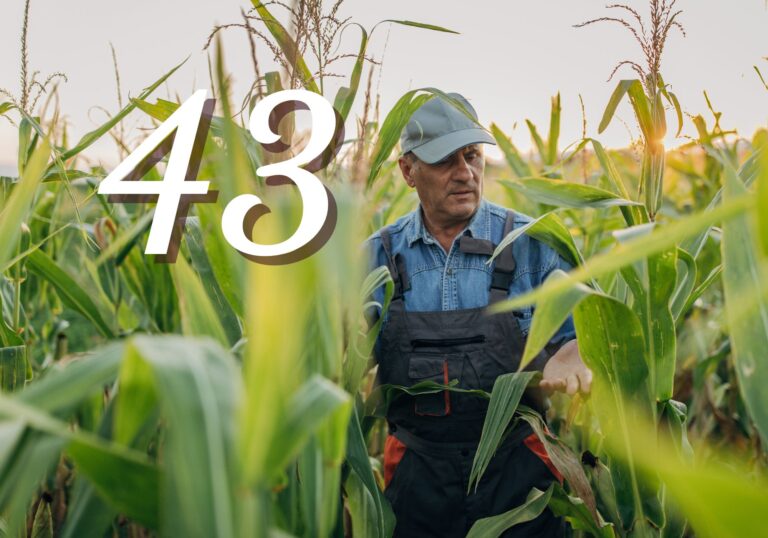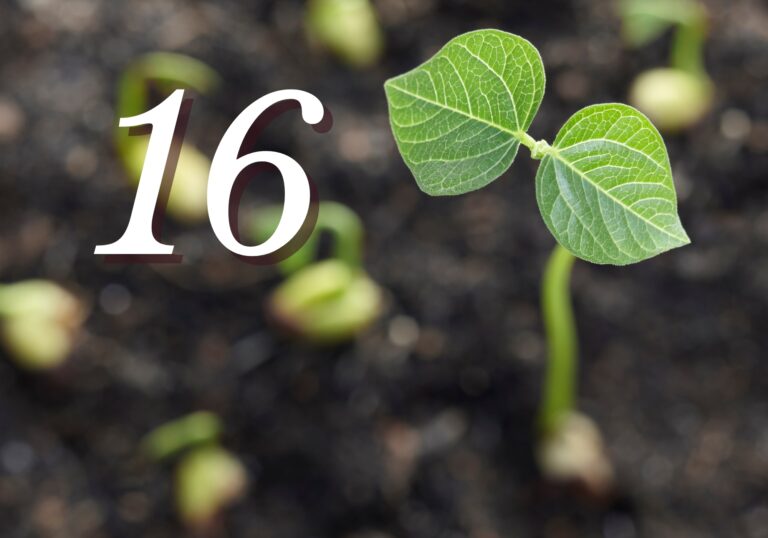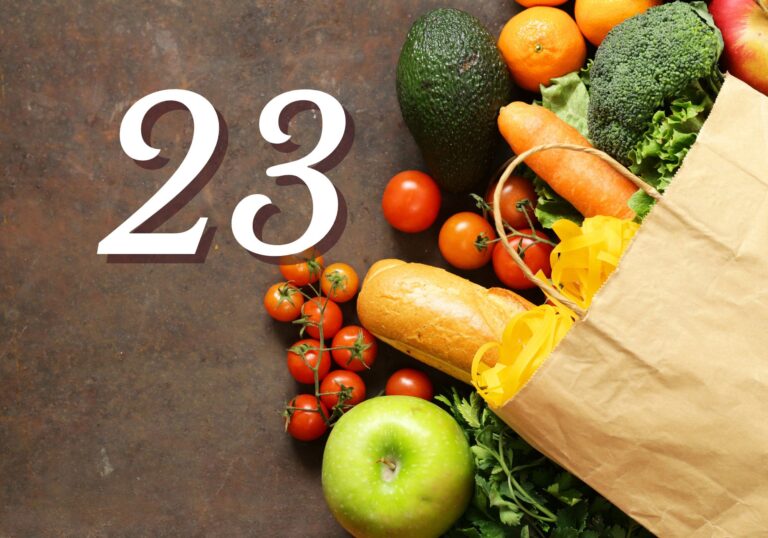Organic Label Cannot be Trusted
Mark Kastel, Organic Eye
https://organiceye.org
During the Clinton and Bush administrations, successive USDA Secretaries sided with corporate agribusiness interests in materially impeding implementation of the Organic Foods Production Act (OFPA) passed by Congress in 1990.
By the time President Obama tapped former Iowa Governor Thomas Vilsack (twice recognized as the Biotechnology Governor of the Year) large food corporations had started to gobble up the pioneering organic brands,[i] squeezing enhanced profit margins by skirting the organic regulations and requirements in the enabling statute. Those same corporations have been targeted to fill positions[ii] on the National Organic Standards Board (NOSB), the federal advisory committee[iii] that advises the USDA Secretary of Agriculture on issues related to organic standards and regulations, particularly regarding the production, handling, and processing of organic products, including the National List of Allowed and Prohibited Substances.[iv]
Despite sales of organic food and fiber in the US having grown exponentially to $70 billion per annum[v], this has resulted in hundreds of family-scale farmers losing their livelihoods, as production in many commodity areas has shifted to become dominated by imports[vi] — a large percentage of which are not held to the same regulatory standard (or are blatantly fraudulent). Domestic production by large, industrial-scale livestock operations[vii] and hydroponic (soilless) greenhouses[viii] also violates the fundamental elements of the Organic Foods Production Act (OFPA) and organic regulations.
Unlike other regulatory schemes, OFPA’s strict industry oversight was supported and lobbied for by all segments of the organic industry, from farmers to businesses and eaters/consumers.
But the decision by the Obama/Biden/Vilsack USDA to bring in key management and policymaking staff associated with the industry’s dominant corporate lobby group, the Organic Trade Association, has stolen the promise of organic farming and food. The Trump administration has an opportunity to step in to reverse that unfortunate legacy.
Although an overall management and philosophy change would be required to fully remediate the current problems, correcting the following points alone would be highly impactful:
- Hydroponics: The 1990 Organic Foods Production Act (OFPA) clearly states that good soil stewardship is required for a farm to qualify for organic certification[ix]. However, the USDA currently allows industrial producers in the US, Canada, Mexico, Holland, and elsewhere[x] to label produce grown in a liquid, synthetic fertilizer solution without soil as “organic” — including imports that cannot be legally labeled and sold as organic in their country of origin. This undercuts authentic US organic farmers, making it impossible for them to compete in the marketplace.
- Concentrated animal feeding operations (CAFOs), also known as “factory farms,” have been allowed to dominate the organic market[xi], skirting the spirit and letter of the law and squeezing family farmers and ranchers out of business.
- Uncertified/uninspected foreign imports unfairly compete with US farmers and defraud shoppers. Organic imports to the US are a $5.7 billion/year business.[xii] The law is clear: in order to be labeled organic, agricultural commodities have to come from farms that are individually certified by a USDA-accredited certifier and inspected on an annual basis. The USDA has allowed huge “groups” of foreign farmer-suppliers to be certified en masse[xiii] by the agribusinesses that purchase their commodities (a gross conflict of interest and illegal). There is currently a challenge pending in federal court. The Justice Department should withdraw and settle, thus causing the law to be enforced.

- Fraud: Massive levels of fraud have been uncovered. The USDA has recently implemented control systems that may or may not prove to be more effective at identifying fraud. However, because they are being implemented across the board, they are resource-intensive, putting pressures on honest family farmers and driving some out of organics. A much more successful and cost-effective regulatory approach would be to require universal agrichemical and GMO testing on all imports[1] and domestic producers exceeding certain benchmarks.
- Enforcement: The USDA almost universally attempted to settle with perpetrators rather than apply meaningful monetary penalties or exclude them from organic commerce. And enforcement is most often done in secret, thus limiting reputational marketplace damage or deterrent effect, and any fines that are levied end up being inconsequential. We need aggressive law enforcement of the organic standards.
US farmers, entrepreneurial investors, and food system workers deserve a fair and level playing field. Right now, lower-quality imports are driving too many out of business and edging others out of new opportunities as the organic market continues to grow.
[1] https://organiceye.org/usda-permits-massive-imports-of-uninspected-organic-products/
[i] https://philhoward.net/wp-content/uploads/2020/09/organicjuly20.png
[ii] https://organiceye.org/wp-content/uploads/2025/02/2025-NOSB-New-Members-FEB2025-V16.pdf
[iii] https://www.ams.usda.gov/rules-regulations/organic/nosb
[iv] https://www.ams.usda.gov/rules-regulations/national-list-allowed-and-prohibited-substances
[v] https://ota.com/resources/market-analysis/organic-industry-survey/2024-organic-industry-survey
[vi] https://ses-corp.com/organic-outlook-2025-imports-and-organic-integrity-issues/
[vii] https://organiceye.org/natural-prairie-expose/
[viii] https://organiceye.org/organic-food-producers-certifiers-sue-usda-over-hydroponics/
[ix] https://www.ams.usda.gov/sites/default/files/media/Organic%20Foods%20Production%20Act%20of%201990%20(OFPA).pdf
[x] https://organicfarmersassociation.org/wp-content/uploads/2024/12/424-Hydroponics-Factsheet.pdf
[xi] https://organiceye.org/wp-content/uploads/2024/03/OTCO-Complaint-re-Inadequate-Pasture-at-Postmus-Organic-Dairy-V7.pdf
[xii] https://www.ers.usda.gov/data-products/charts-of-note/chart-detail?chartId=111163
[xiii] https://www.washingtonpost.com/business/economy/the-labels-said-organic-but-these-massive-imports-of-corn-and-soybeans-werent/2017/05/12/6d165984-2b76-11e7-a616-d7c8a68c1a66_story.html






